13 Amazing Benefits Of Shallots For Skin, Hair, And Health
From preparing to storing them, everything you need to know about shallots.
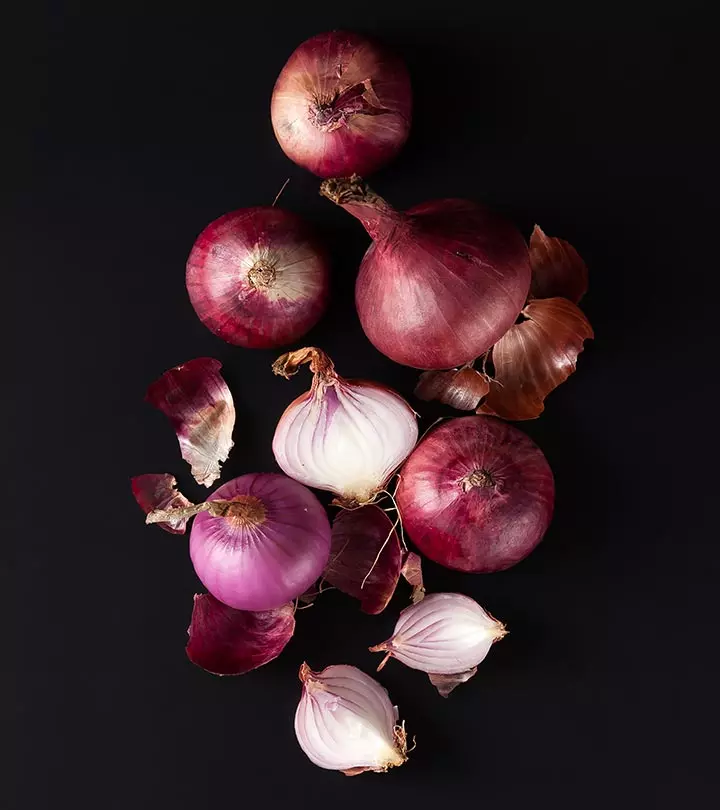
Image: Shutterstock
The many benefits and versatility of shallots make them an attractive addition to your diet, adding flavor to a wide range of dishes worldwide. Shallots are related to onions and garlic and are packed with vitamins A, B6, and C, and minerals like potassium and manganese. In addition, shallots contain powerful antioxidants, which help improve diabetes and heart health, and may benefit your skin and hair. Besides boosting brain health, they also contain antiviral properties that may help prevent infection.
This article discusses the benefits of shallots, their nutritional profile, easy-to-follow recipes, and risks. Read on.
 Know Your Ingredient: Shallot
Know Your Ingredient: ShallotWhat Is It?
A small, purple, bulb vegetable with a sour aroma and sweet and pungent flavor.
What Are Its Benefits?
It improves heart health, boosts metabolism, and supports bone health.
Who Can Consume It?
Anyone can consume it except people with bleeding disorders and inflammatory bowel disease and those on diabetes medication.
How Often?
You can consume ½ cup of shallots daily.
Caution
Avoid consuming shallots if you are pregnant or breastfeeding. Excess consumption may cause gas, bloating, and nausea.
In This Article
What Are Shallots?
Scientifically called Allium ascalonicum, shallots are members of the Allium plant family.
The family also includes garlic, onions, and chives that lend a similar aroma in cooking. They are native to Central and Southeast Asia and spread to India and eastern Mediterranean regions with time.
Shallots are also called Baker’s Garlic, Chinese Shallots, Chinese Scallion, Oriental Onion, and Small Angled Chives. Some of the popular varieties or types of shallots grown across the world include Gray Shallot, French Red Shallot, American Red Shallot, and Dutch Yellow Shallot.
And yes, shallots, just like anything else, have a history as well.
Key Takeaways
- Shallots are a type of onion and they also include garlic, onions, and chives and are filled with vitamins and minerals.
- shallots are smaller than onions and have long, slender bulbs. They have high-calorie, carbohydrate, and protein content than onions.
- Antioxidant properties in shallots improve heart health and help prevent obesity.
- antibacterial and antiviral properties of shallots help in treating allergies like sore throat and headaches.
- Shallots may also improve dental, and bone health and prevent osteoporosis.
What Is The History Of Shallots?
Though thought to have originated in Central or Southeast Asia thousands of years ago, the name ‘shallot’ dates back to the times of Ancient Greece. They are called kanda in India, ham in the Philippines, and brambang in Thailand.
Shallots were/are an integral part of Ayurveda and have six types of taste. They are predominantly used in dishes like sambar in India, which is a staple dish based on lentils. They have been used as a remedy for sore throat, infections, and bloating.
Shallots were introduced to Europe way back in the 11th century by crusaders returning from the Middle East.
 Trivia
TriviaThe history is fine. But there is one question that begs an answer.
What Are The Differences Between Shallots And Onions?
The differences are few.
Shallots
- They have long and slender bulbs and are smaller than onions.
- They are slightly high in calories – 100 grams of shallots contain 72 calories.
- They also are slightly high in carbs – 100 grams contain 17 grams of carbs.
- They are high in protein too – 100 grams contain 2.5 grams.
- Most of the shallots in the US are imported.
Onions
- They are large and round. They are larger than shallots.
- 100 grams of onions contain just about 40 calories.
- 100 grams contain 9.3 grams of carbs.
- They have 1.1 grams of protein for every 100 grams.
- Most onions are produced within the US (annual production is 6.75 billion pounds).
 Quick Tip
Quick TipBut wait, why are we even talking about shallots? What’s so great about them? Their nutritional profile will give you an idea.
What Is The Nutritional Profile Of Shallots?
| Shallots(Allium cepa var. aggregatum), raw, Nutrition value per 100 g.(Source: USDA National Nutrient data base) | ||
|---|---|---|
| Principle | Nutrient Value | Percentage of RDA |
| Energy | 72 Kcal | 3.6% |
| Carbohydrates | 16.80 g | 13% |
| Protein | 2.50 g | 5% |
| Total Fat | 0.10 g | 0.5% |
| Cholesterol | 0 mg | 0% |
| Vitamins | ||
| Folates | 34 µg | 9% |
| Niacin | 0.200 mg | 1.5% |
| Pantothenic acid | 0.290 mg | 6% |
| Pyridoxine | 0.345 mg | 26.5% |
| Riboflavin | 0.020 mg | 2% |
| Thiamin | 0.060 mg | 5% |
| Vitamin A | 1190 IU | 35% |
| Vitamin C | 8 mg | 13% |
| Electrolytes | ||
| Sodium | 12 mg | 1% |
| Potassium | 334 mg | 7% |
| Minerals | ||
| Calcium | 37 mg | 4% |
| Copper | 0.088 mg | 10% |
| Iron | 1.20 mg | 15% |
| Magnesium | 21 mg | 5% |
| Manganese | 0.292 mg | 13% |
| Phosphorus | 60 mg | 8.5% |
| Selenium | 1.2 µg | 2% |
| Zinc | 0.40 mg | 4% |
Half a cup of diced shallots contains 56 calories, 5 grams of fiber, 6 grams of sugar, and 12 grams of carbs. Shallots contain no fat. Other important nutrients in shallots include:
- 832 milligrams of vitamin A (18% of the daily value)
- 25 milligrams of vitamin B6 (12.5% of the daily value)
- 234 milligrams of potassium (7.5% of the daily value)
- 5 milligrams of vitamin C (10% of the daily value)
- 25 milligrams of manganese (10% of the daily value)
In addition, shallots contain other proteins and peptides that have immune-boosting properties. Well, we won’t keep you waiting. Here are the benefits.
What Are The Health Benefits Of Shallots?
The powerful antioxidants in shallots contribute to most of the benefits. They slow down the growth of cancer cells and improve heart and diabetic health. Shallots also boost brain health, and their antiviral properties help keep infections at bay. The antioxidant effects of shallots could be beneficial for your hair and skin.
1. Cut Cancer Risk
Allium vegetables are known for their ability to induce cancer cell death and cut cancer risk. One study found that ethyl acetate extracts found in shallots and other onions can help slow down the growth of cancer cells (1).
Intake of allium vegetables can also reduce the risk of stomach cancer, as per another study (2). Several other studies talk about the anticancer and anti-inflammatory effects of shallots, which can be put to great use in the field of cancer prevention (3).
2. Improve Heart Health
Two of the most important antioxidants in shallots and its relatives are allicin and quercetini A yellow crystalline pigment found in plants that is added to food as a supplement to increase immunity or reduce allergic reactions. – both of which are considered for their anti-hypertensivei A property or drug that lowers blood pressure in a variety of methods and is used to treat high blood pressure. properties. As per a 2013 study, allicin protects the heart by enhancing the antioxidant status (4). It also lowers the levels of reactive oxygen species. More importantly, allicin stimulates the production of glutathione – a master antioxidant that has several positive effects on your health.
Shallots can also inhibit the production of a particular enzyme, which helps make cholesterol. This property of shallots dilates the blood vessels and improves circulation, which ultimately aids heart health.
According to the 2025 Food and Health Survey carried out by the International Food Information Council, which involved 1,022 American participants aged 18 to 80, 30% of the sample population is interested in the cardiovascular benefits offered by the foods and beverages they consume. Of this group, 38% were classified as baby boomers, while 33% were from the Gen X generation. These individuals may benefit from adding shallots to their diet.
Shallots can also prevent the build-up of plaque in the arteries.
Shallots are also a good source of potassium, another reason they work great for the heart. Potassium strengthens the blood capillaries and even regulates blood pressure.
3. Aid Detoxification
Since shallots boost blood circulation, they play an important role in removing toxins from the bloodstream, thereby aiding detoxification.
Shallots also stimulate digestive enzymes that help with digestion and thus are an important ingredient for liver detox.
Shallots are also rich in organic sulfur, which is another compound required by the liver to carry out phase 2 detoxification. Organosulfur ingredients like shallots also help detoxify carcinogensi Elements, organisms, or agents that have the potential to cause cancer, like radon, asbestos, nickel, and cadmium, among others. , as per a study (5).
4. Help Control Diabetes
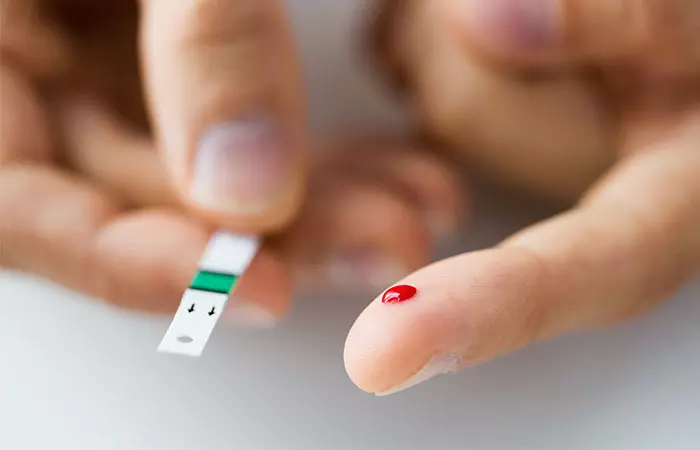
The flavonoids in shallots help treat numerous ailments, one of them being diabetes (6). Several studies have also shown the beneficial effects of shallots and onions on insulin and how they also help control diabetes-related weight gain. Certain properties of shallots help stimulate insulin secretion, which lowers the inflammatory responses associated with diabetes.
Taking large amounts of onions or shallots can lower sugar levels in diabetics as they were found to block the breakdown of insulin in the liver (7). This increases the amount of insulin in the blood and lowers blood glucose levels.
5. Improve Brain Health
One reason shallots can work wonders for brain health is the presence of folate. It is one of the eight B vitamins, and it improves brain function by contributing to mental and emotional health. Folate also protects your body’s DNA and RNA.
Another important nutrient in shallots is iron, which also is crucial for brain function. Shallots also contain another compound called pyrithione, which was found to fight brain inflammation and improve neurological activity (8). These anti-inflammatory properties of shallots can also help prevent Alzheimer’s as per certain sources. They also soothe the nerves and treat nervous irritability.
6. Help Fight Obesity
The EEOs (ethyl acetate extracts) in shallots can suppress fat accumulation in the body, and this can potentially help prevent obesity. The antioxidants in shallots also boost metabolism, which can also contribute to weight regulation and optimum health.
7. Help Treat Allergies

Shallots possess antibacterial and antiviral properties, which help treat a number of allergies and infections. These include respiratory allergies like phlegmi A thick, viscous fluid secreted by the mucous membranes of the respiratory airways, especially in cold environments. and sore throat. Shallots are also known to treat some food allergies and might even offer relief from headaches.
However, research on this benefit of shallots is limited. Talk to your healthcare provider before using them for this purpose.
8. Boost Bone Health
One study on pre and postmenopausal women showed that shallot and onion consumption increased bone density in these individuals (9). Those who consumed shallots or onions once a day or more had bone density that was 5% greater than those that didn’t.
Though we need more studies to form a concrete basis, there is research that states older women taking shallots or onions regularly can cut their risk of hip fractures by as much as 20%. Shallots might also help prevent osteoporosisi A medical illness characterized by brittle and weak bones owing to loss of tissue caused by hormonal changes or a vitamin deficiency. and enhance teeth health.
9. Might Maintain Vision Health

There is very less research on this. But the vitamin A in shallots can contribute to vision health, and adequate levels of the vitamin can prevent night blindness and might even cut the risk of cataracts or macular degenerationi A degenerative condition affecting the central part of the retina (the macula) that results in distortion or loss of central vision. .
10. Boost Immunity
We already spoke of the proteins and peptides in shallots that boost immunity. And then we have the antioxidant effects of shallots – which help fight common illnesses and infections. Some of these ailments include cold, flu, fever, and bronchitisi An infection that causes inflammation and irritation of the bronchi, the major airways of the lungs. .
11. Improve Skin Health

The sulfur in shallots helps keep your skin looking younger and rejuvenated. Steeping peeled shallots in hot water and then washing your face first thing in the morning can have beneficial effects.
You can also cure insect stings using shallots. To treat an insect sting, rub the affected area with shallot juice. This will help soothe the pain. Shallots can be applied by crushing or cutting and applying to mosquito, bee or wasp stings.
You can also use shallots as a poultice on warts – they will help the warts fall off by themselves. Applying shallot juice to boils can also give relief.
12. Enhance Abdominal Health
This is owing to the fiber content in shallots. Shallots are good sources of dietary fiber, which keeps you full after a meal and softens your stool to prevent constipation.
Shallots also help kill intestinal worms, and this can be attributed to their antimicrobial properties. You can simply crush a few shallots to make the juice and have it first thing in the morning.
13. Keep Hair Healthy
The sulfur in shallots is considered healthy for hair – as it aids the production of collagen tissues that support hair growth. Simply apply shallot juice to your scalp and leave it on for 15 minutes. You can rinse with a mild shampoo after this.
Shallots can also help treat hair loss and might even cure baldness to some extent. You just need some pepper powder, a couple of shallots, and some salt. Grind all to obtain a smooth paste. Apply to the affected areas four to five times a week. You can wash after 15 minutes post each application. However, we don’t have sufficient research on the ability of shallots to reverse baldness. We have only picked the remedies from certain sources.
Mixing shallot juice with lemon juice, buttermilk, and honey can help treat dandruff. You can take equal parts of all the ingredients and apply to your hair and leave it on for 30 minutes. Rinse with a mild anti-dandruff shampoo.
Shallot juice can also help treat scalp infections. Simply apply the juice to your hair and massage. Wash after 30 minutes.
Shallots provide a lot of health benefits when added to a diet plan, ranging from boosting immunity to heart health to improving the quality of skin and hair.
We are done with the benefits. You can start using shallots and experience these benefits to make your life better. But before that, you might want to know something else.
Any Tips To Prepare And Cook Shallots?
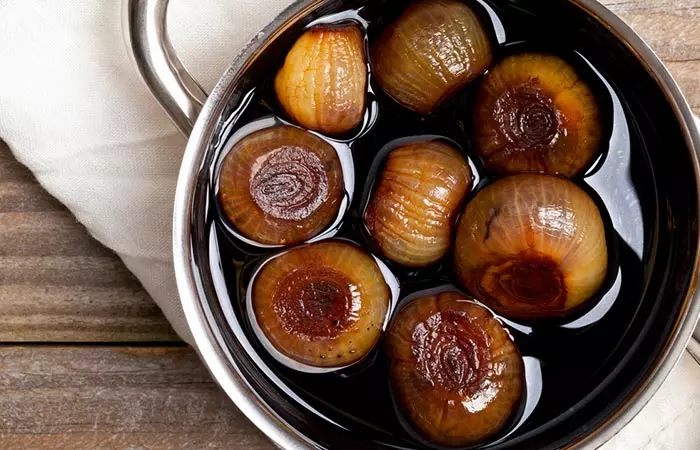
These tips are simple but work amazingly well.
- Elevate your cuisine game by cooking shallots with wine. They taste amazing! You can keep that in mind the next time you are inviting friends to your place for the weekend.
- You can use fresh shallots in salads, either whole or chopped into cubes.
- Shallot bulbs can also be used for pickling or sauces.
- For cooking shallots in soups, you can first roast them until their skin is soft. Peel them once roasted.
- Cut them in half and coat them with olive oil. Then grill the shallots to achieve a caramelized, smokey flavor.
- Finely chop the shallots and sauté them in butter or oil over medium heat until they turn golden brown. You can flavor them with spices and herbs.
- Finely chop raw shallots and include them in salads or vinaigrettes for an additional flavor.
But even before you know any of this, you better know how to select shallots and store them.
How To Select And Store Shallots
Selection
When selecting shallots, think about onions.
- Ensure the shallots are firm and heavy for their size. They shouldn’t be dry and light and must have no soft spots.
- Avoid sprouting shallots as they are an indication of age.
- The younger (smaller) the shallot, the milder the taste.
Storage
- Store shallots in a cool, dry, and dark place with good air circulation.
- You can use them even if they sprout. Just remove the bitter green sprouts if you don’t want that strong onion flavor.
- Shallots can be chopped and frozen for up to 3 months.
Great. But wait, you sure want to know the different ways you can include shallots in your diet. Don’t you?
How To Include Shallots In Your Diet
Simple.
- You can sauté shallots and add them to your pastas and casseroles.
- You can also combine diced shallots with fresh fruits and vegetables to make a salsa.
- Or top your salads with whole caramelized shallots.
- Or use sliced shallots in homemade pizza.
Or yeah, you can try out these super good recipes too.
Any Shallot Recipes Worth Trying?
1. Baked Eggs with Spinach and Shallots
What You Need
- 2 tablespoons of raw cashews
- ¼ cup of water
- 1 tablespoon of coconut oil
- 2 small minced shallots
- 1 minced garlic clove
- 8 cups of baby spinach
- ¼ teaspoon of sea salt
- 3 to 4 eggs
- ½ teaspoon of dried thyme
- Additional sea salt and freshly ground pepper
Directions
- Preheat the oven to 350o
- Add the cashews to water. Set aside to soak.
- Add the coconut oil to a pan over medium heat. Add the shallots and garlic and sauté for about 2 minutes. Add the spinach and salt and cook for 2 more minutes. The spinach should have wilted.
- Blend the water and cashews until you get a liquefied mixture.
- Add the spinach mixture to a dish and pour in the cashew milk. Make about 4 indentations in the spinach and crack in the eggs. Top with the dried thyme and bake for about 15 minutes. The yolks must be runny.
- Serve right away with the additional salt and pepper if you want.
2. Caramelized Shallots
What You Need
- 6 tablespoons of unsalted butter
- 2 pounds of peeled and fresh shallots with the roots intact
- 3 tablespoons of sugar
- 3 tablespoons of red wine vinegar
- ½ teaspoon of kosher salt
- ¼ teaspoon of freshly ground black pepper
- 2 tablespoons of freshly chopped parsley
Directions
- Melt the butter in a sauté pan. Add the shallots and sugar and toss to coat. Cook over medium heat for 10 minutes. The shallots must start to brown.
- Add the vinegar, salt, and pepper. Toss well.
- Place the sauté pan in the oven and roast for about 20 minutes. The shallots must be tender.
- Sprinkle with parsley and serve hot.
Just like onions, shallots are full of goodness and benefits. And a bit of not-so-good stuff too.
Any Side Effects Of Shallots?
- Bleeding Disorders
Shallots might slow down blood clotting. This might increase the risk of bleeding. Hence, keep away from shallots if you have bleeding disorders. Also, avoid shallots at least 2 weeks before surgery.
- Diabetes
As shallots can lower blood sugar levels, taking them along with diabetes medication can reduce the sugar levels way too much and disrupt your blood sugar control. Consult your doctor before consuming shallots.
- Issues During Pregnancy And Breastfeeding
We don’t have enough information on the effects of shallots during pregnancy and breastfeeding. So, stay safe and stick to small amounts.
Infographic: 5 Incredible Health Benefits Of Shallots
Shallots are a storehouse of antioxidants, vitamins, and minerals. Their impressive nutrient profile offers a host of health benefits and can help you deal with infections and skin and hair issues. The infographic below focuses on the 5 must-know benefits of shallots. Scroll down for more information!
Some thing wrong with infographic shortcode. please verify shortcode syntaxRelated to onions and garlic, shallots are a rich source of vitamins A, B6, C, and essential minerals like potassium and manganese. However, shallots’ benefits are not just limited to this. With a high anti-oxidant content, shallots help improve your cardiovascular, skin, and hair health as well. They also have antiviral properties that help fight infections. Shallots also seem to play an important role in preventing diabetes, fighting obesity, and treating common allergies. While you can use shallots in salads and soups, they taste the best when combined with wine-enhanced dishes.
Frequently Asked Questions
Any substitute for shallots?
Yes, onions can be a good substitute for shallots. However, it’s important to note that the benefits of onions may not be the same as those of shallots. Therefore, it’s essential to read everything about onions and shallots before making your final decision on substituting shallots, so you’re fully informed and aware of the potential differences.
Can you eat shallots raw?
Yes. You can include raw shallots in salads. Or you can even eat them by themselves.
Are shallots Paleo?
Yes. You can include raw shallots in salads. Or you can even eat them by themselves.
Can you eat shallots every day?
Yes, you can consume about a cup of shallots daily. Use it in various culinary preparations to reap its benefits.
Are shallots healthier than garlic?
Garlic is healthier than shallots, as it is a richer source of protein, carbohydrates, vitamin C, and other micronutrients than shallots (10).
Are shallots acidic or alkaline?
According to anecdotal reports, shallots form an alkaline pH of about 8.5 once digested.
Illustration: Amazing Benefits Of Shallots For Skin, Hair, And Health
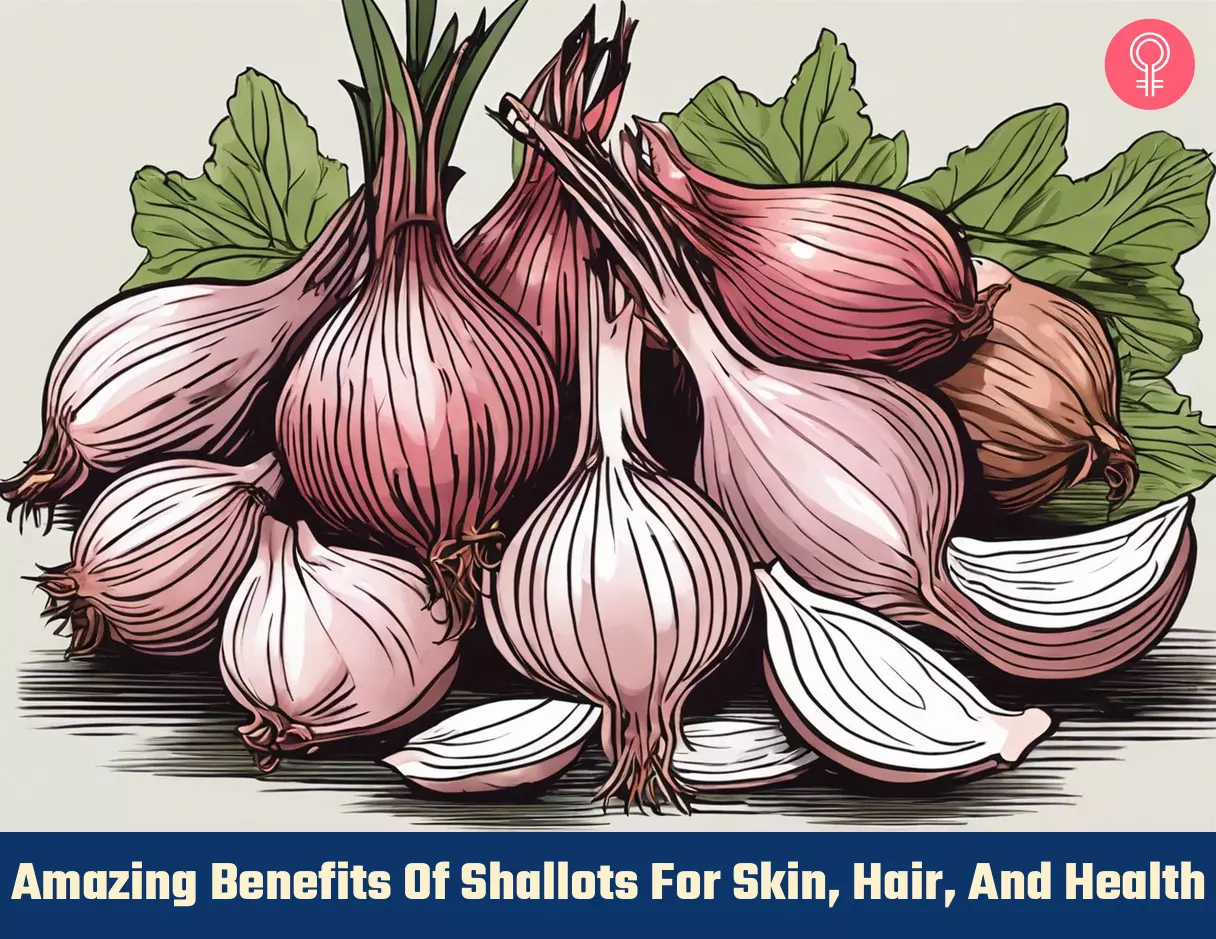
Image: Stable Diffusion/StyleCraze Design Team
Shallots are nutritious vegetables packed with vitamins and minerals. Learn about their health benefits and nutrition facts in this informative video!
References
Articles on StyleCraze are backed by verified information from peer-reviewed and academic research papers, reputed organizations, research institutions, and medical associations to ensure accuracy and relevance. Read our editorial policy to learn more.
- “Inhibitory effects of onion…”. US National Library of Medicine.
- “Consumption of onion…”. US National Library of Medicine.
- “Anticancer and anti-inflammatory…”.US National Library of Medicine.
- “A review of the cardiovascular benefits…”. US National Library of Medicine.
- “Allium vegetables and…”.US National Library of Medicine.
- “Therapeutic uses and pharmacological properties of shallot…“. US National Library of Medicine.
- “Onion”. University of Michigan.
- “Anti-inflammatory and neurological activity…”. US National Library of Medicine.
- “The association between onion consumption…”. US National Library of Medicine.
- “Garlic, raw”. USDA
Read full bio of Alexandra Dusenberry
Read full bio of Ravi Teja Tadimalla
Read full bio of Arshiya Syeda
Read full bio of Aparna Mallampalli







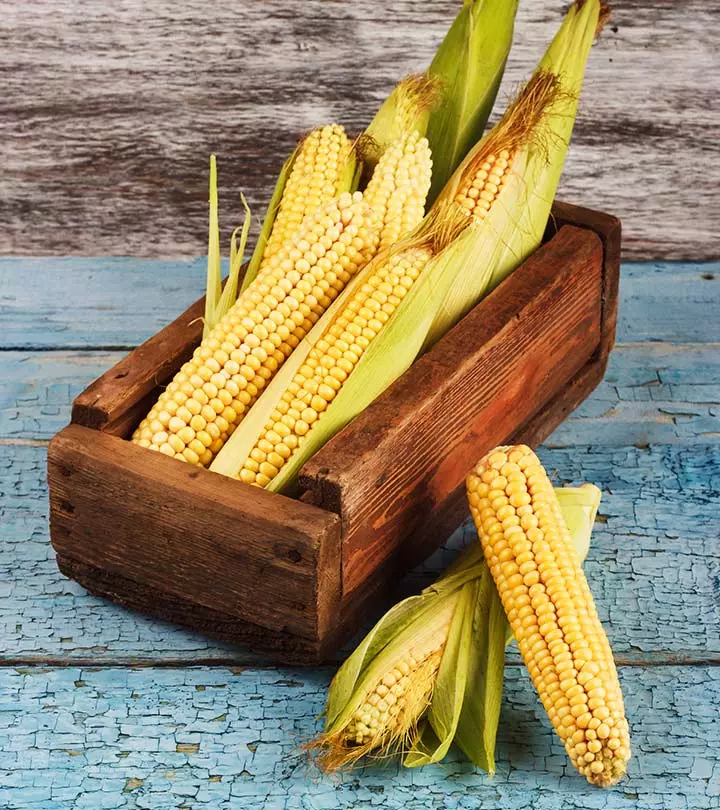
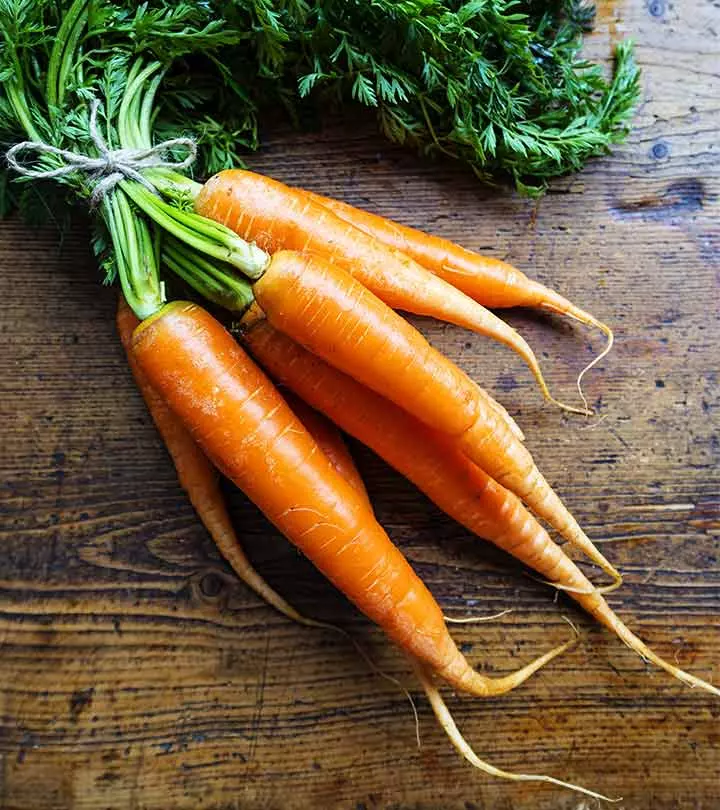
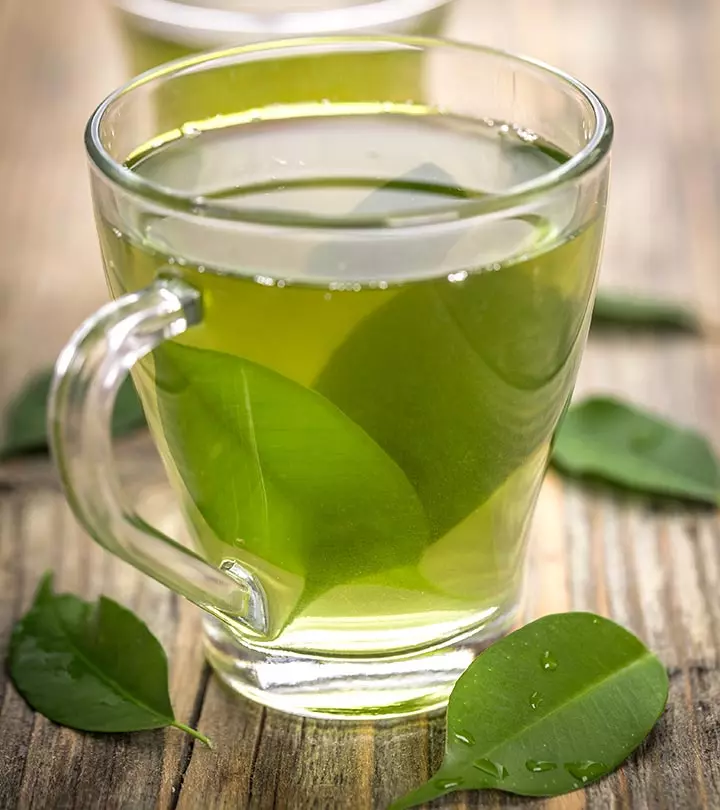
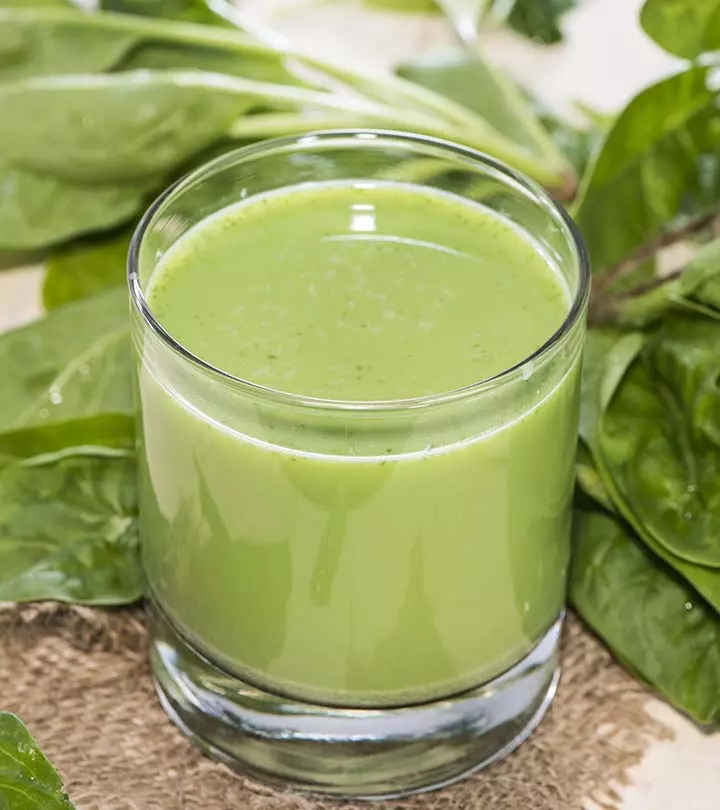
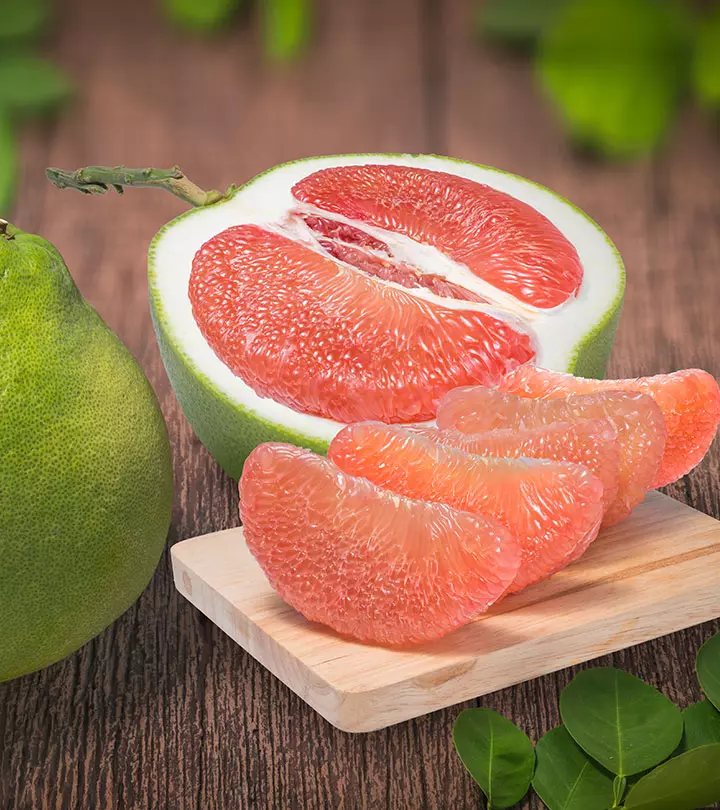
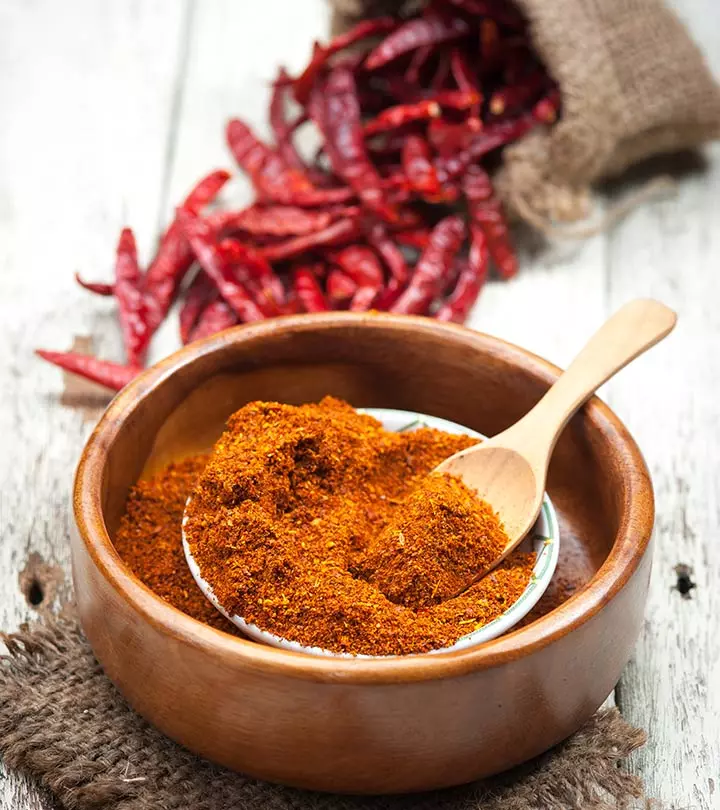
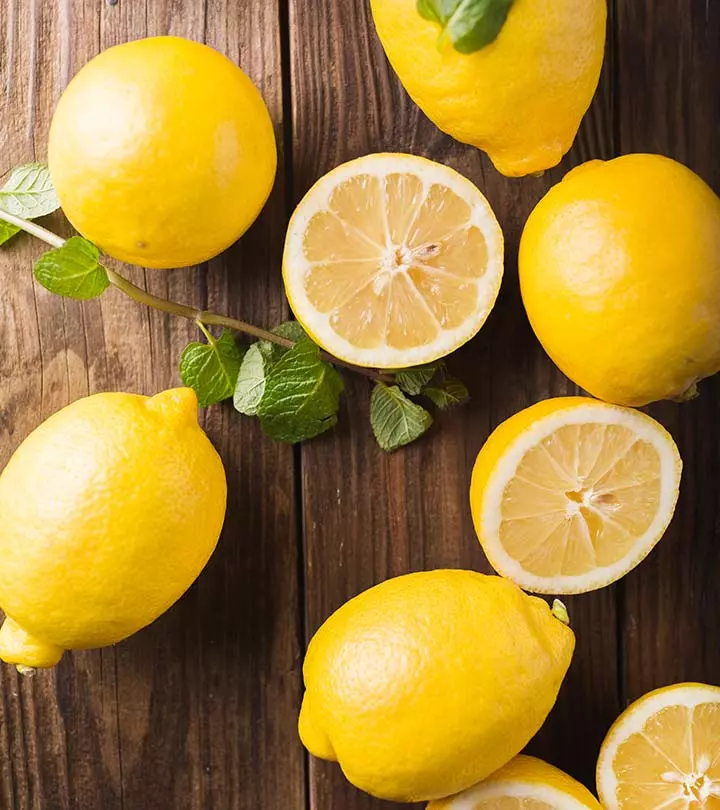
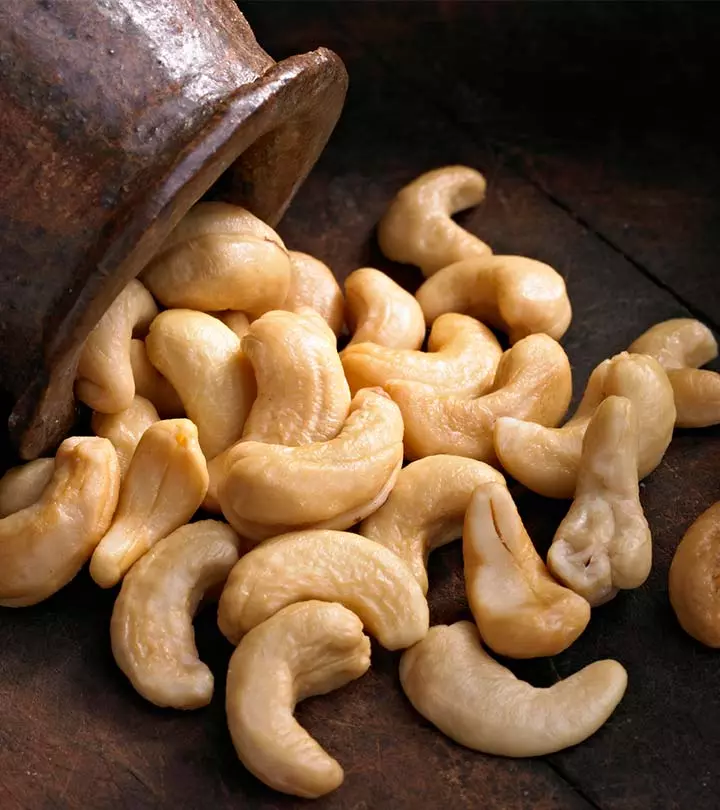

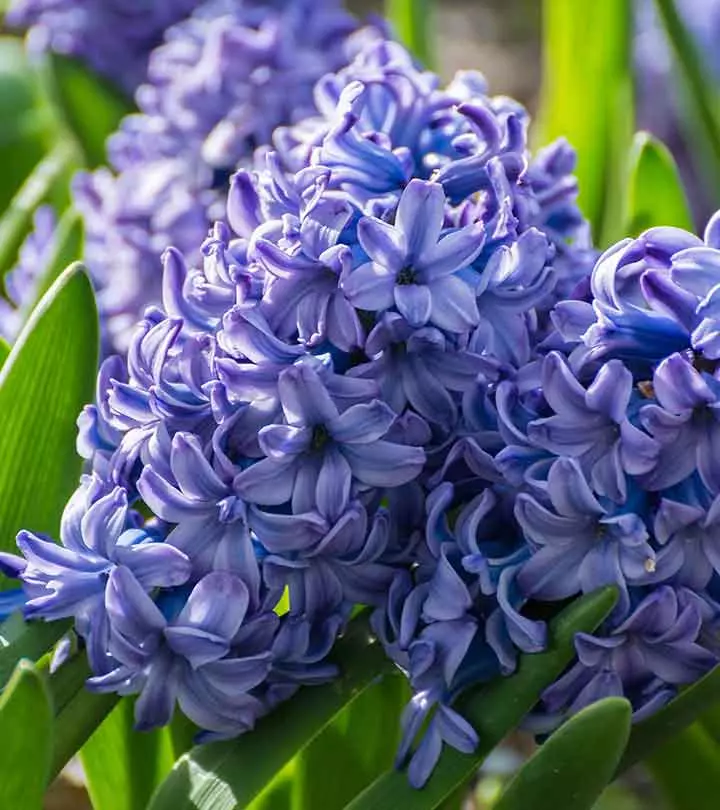
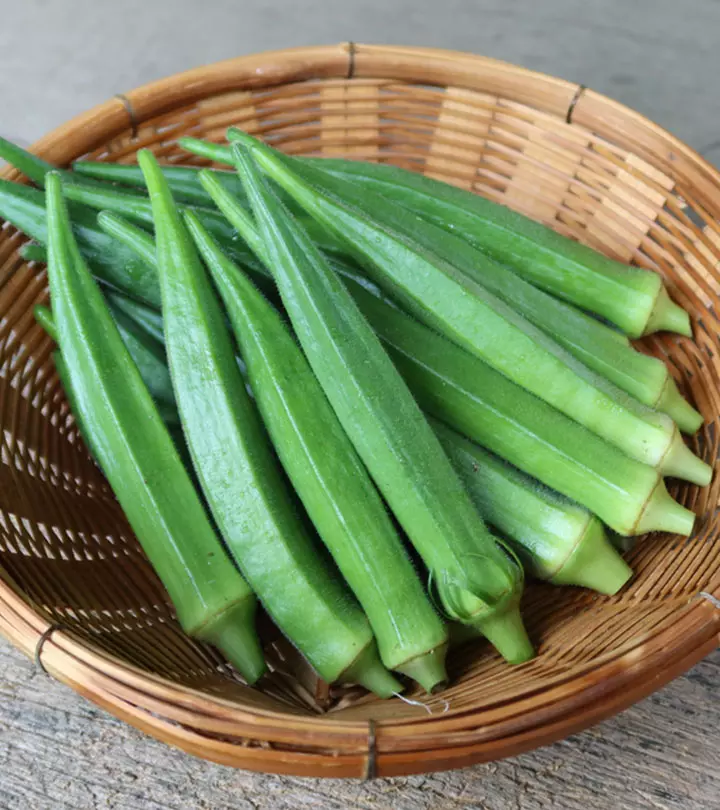

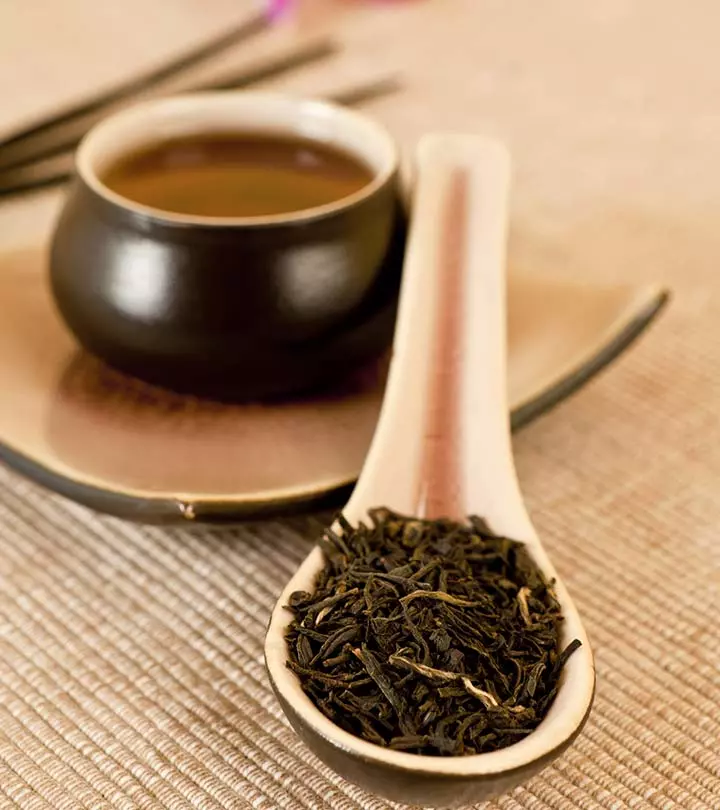
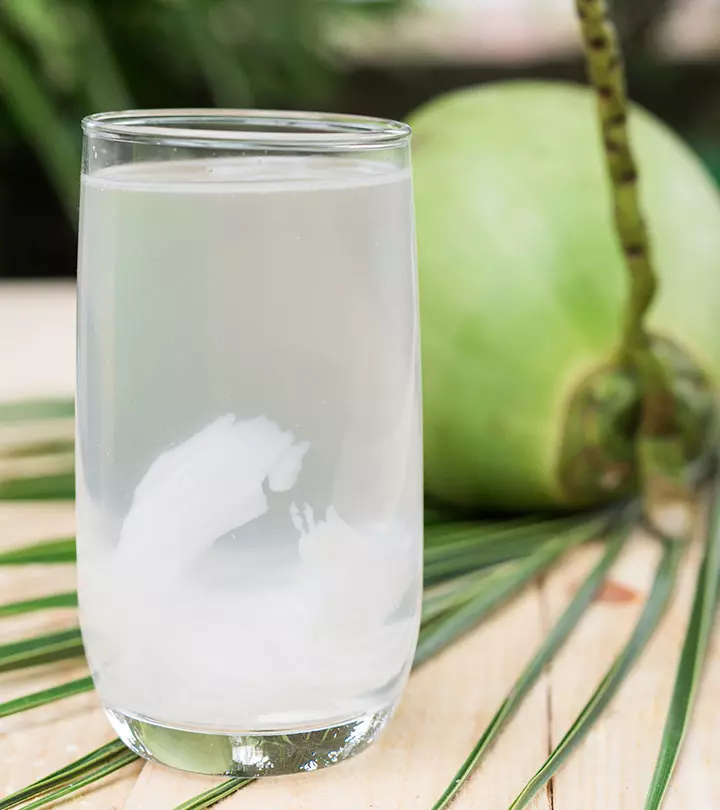
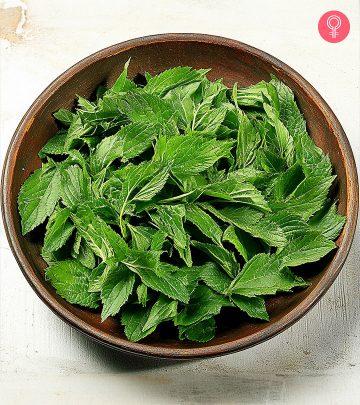
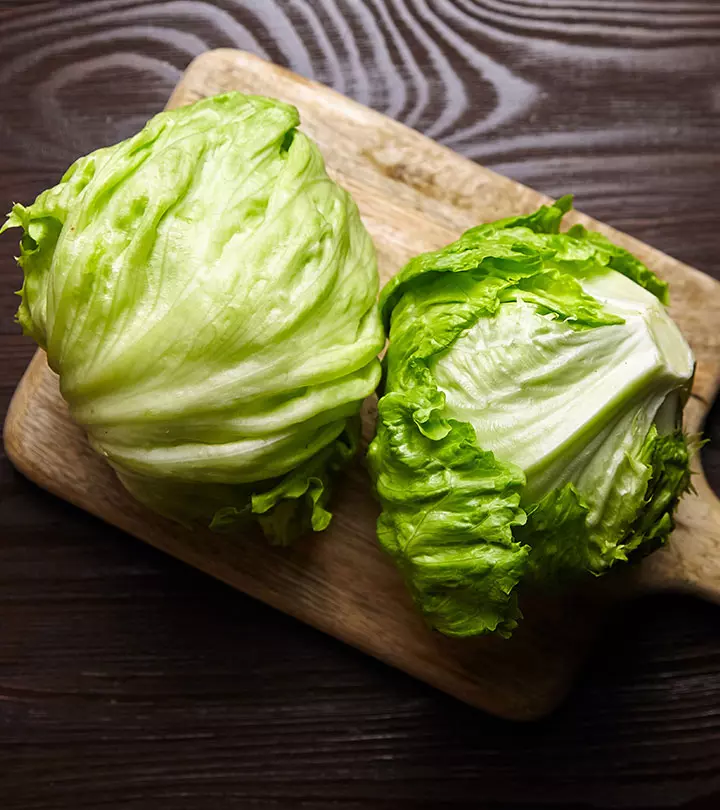
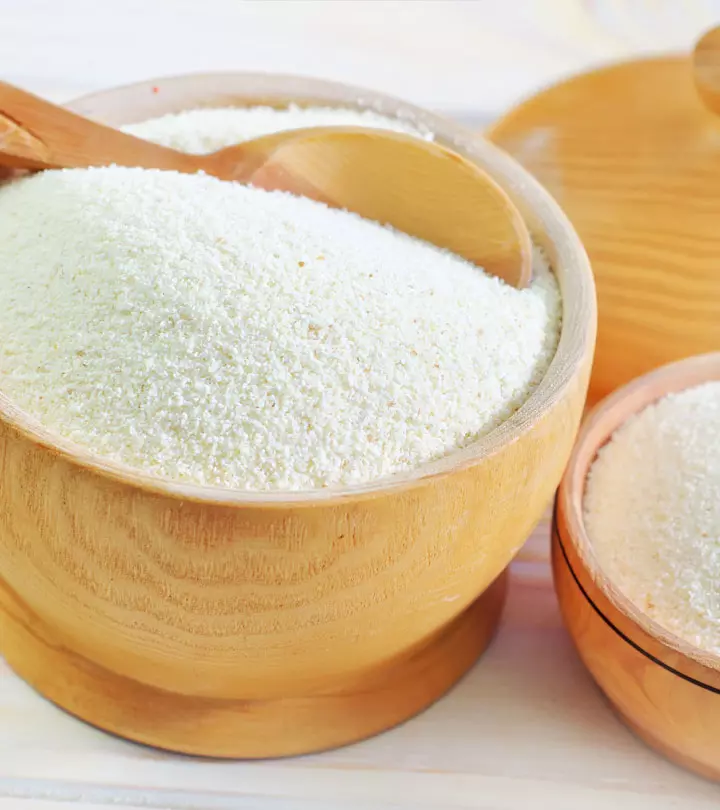
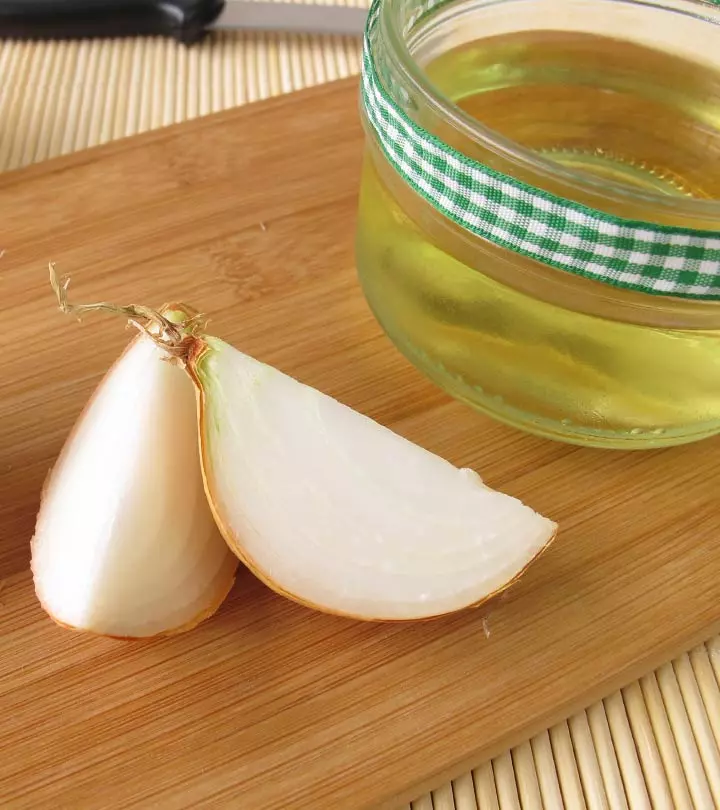
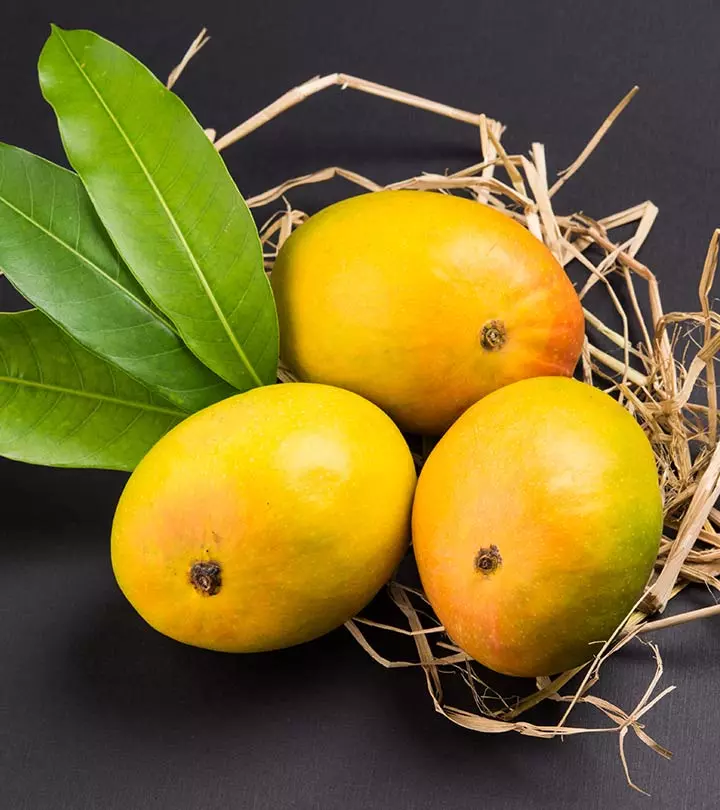
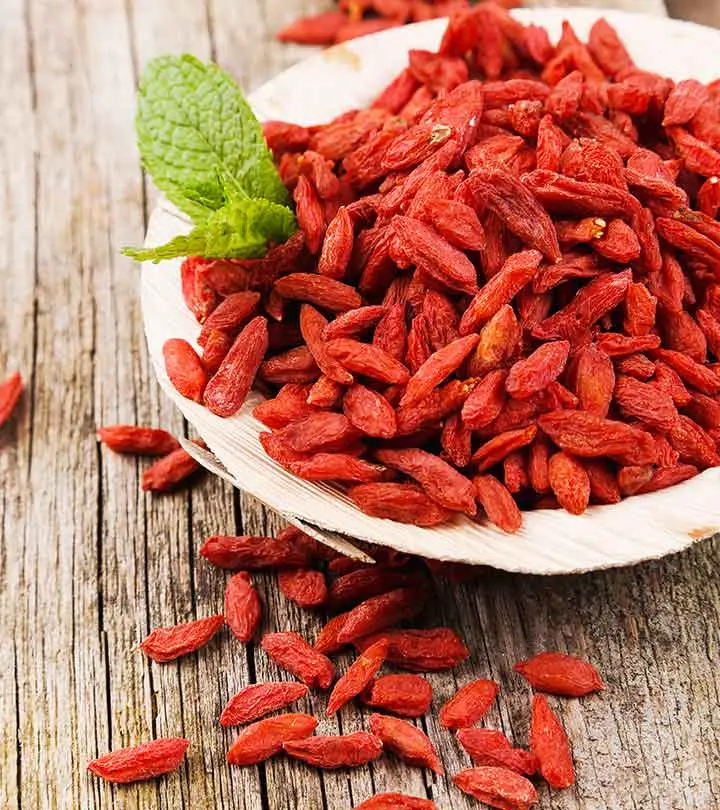
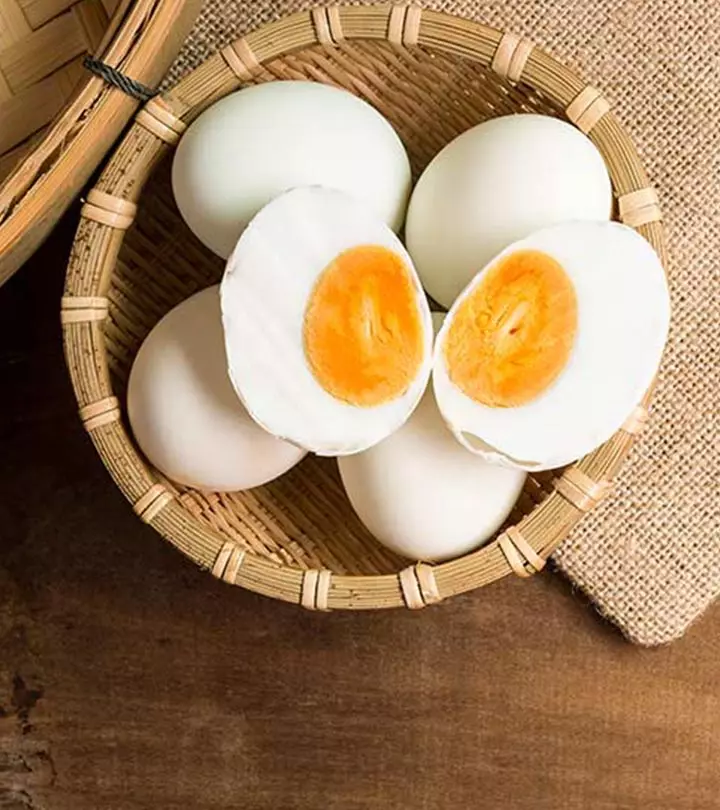
Community Experiences
Join the conversation and become a part of our empowering community! Share your stories, experiences, and insights to connect with other beauty, lifestyle, and health enthusiasts.